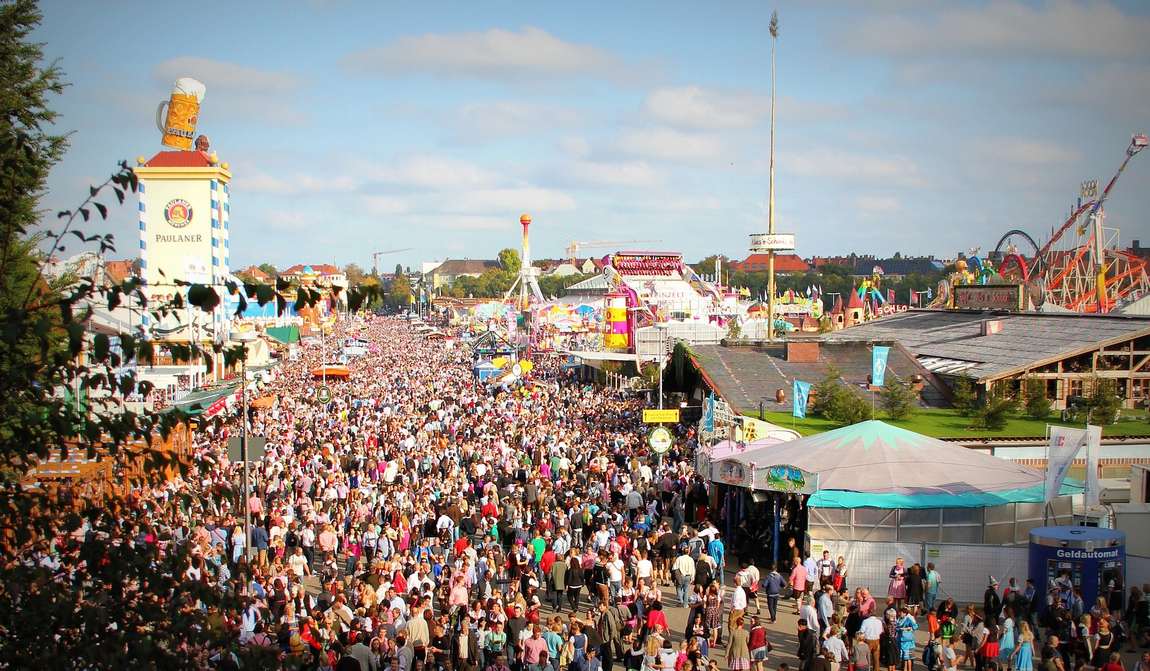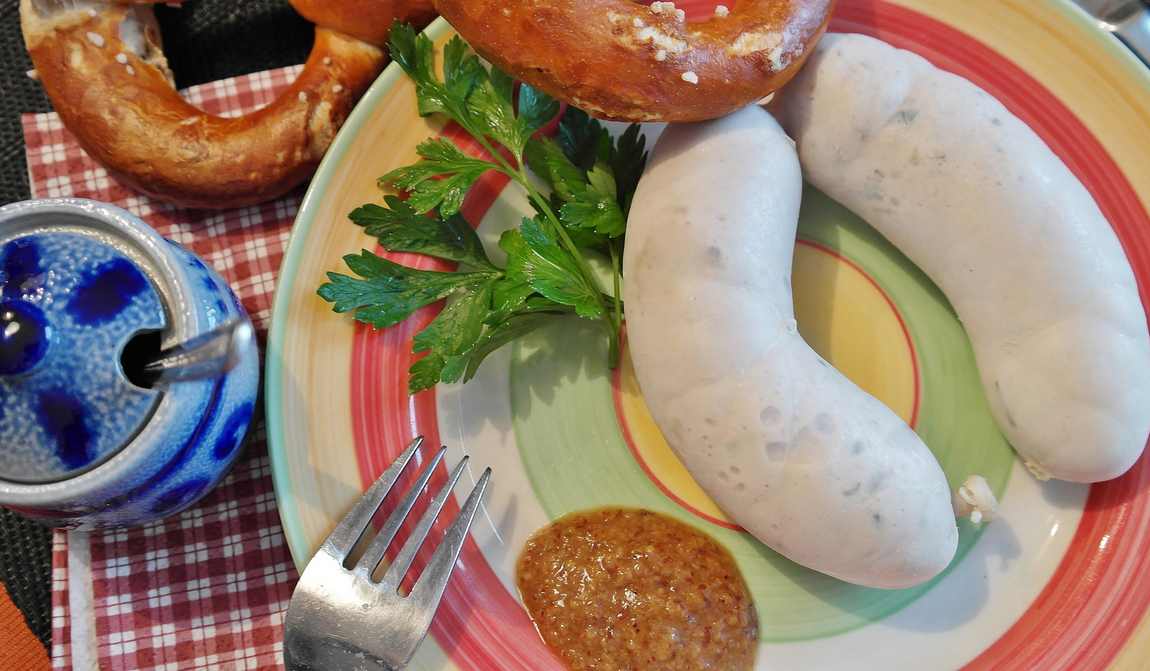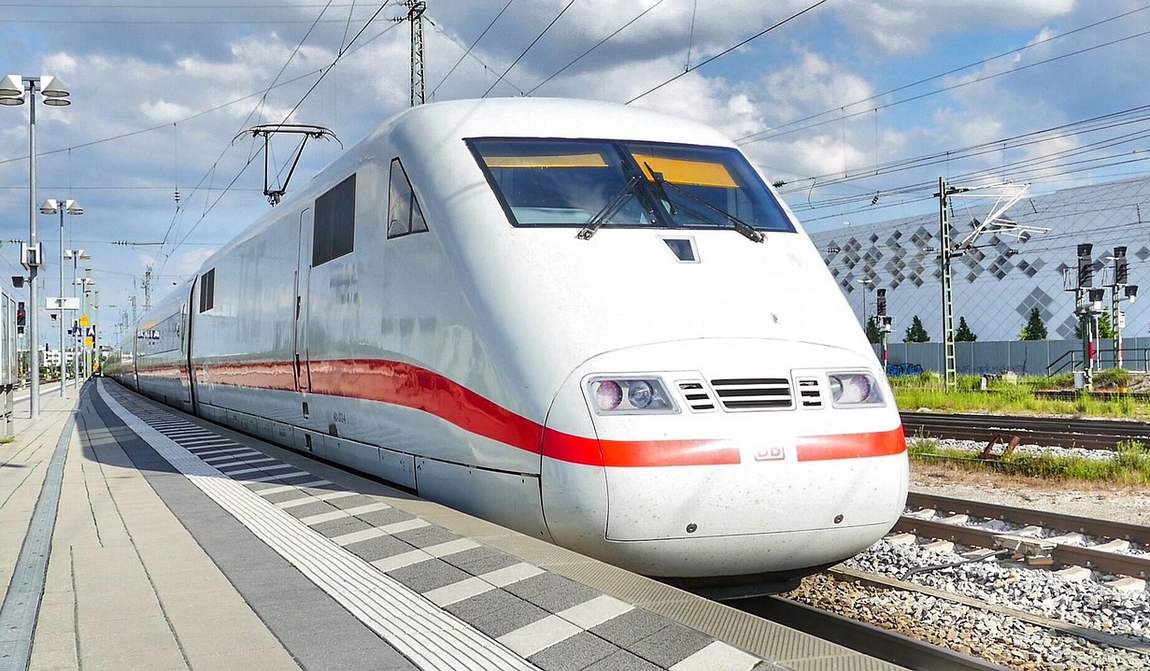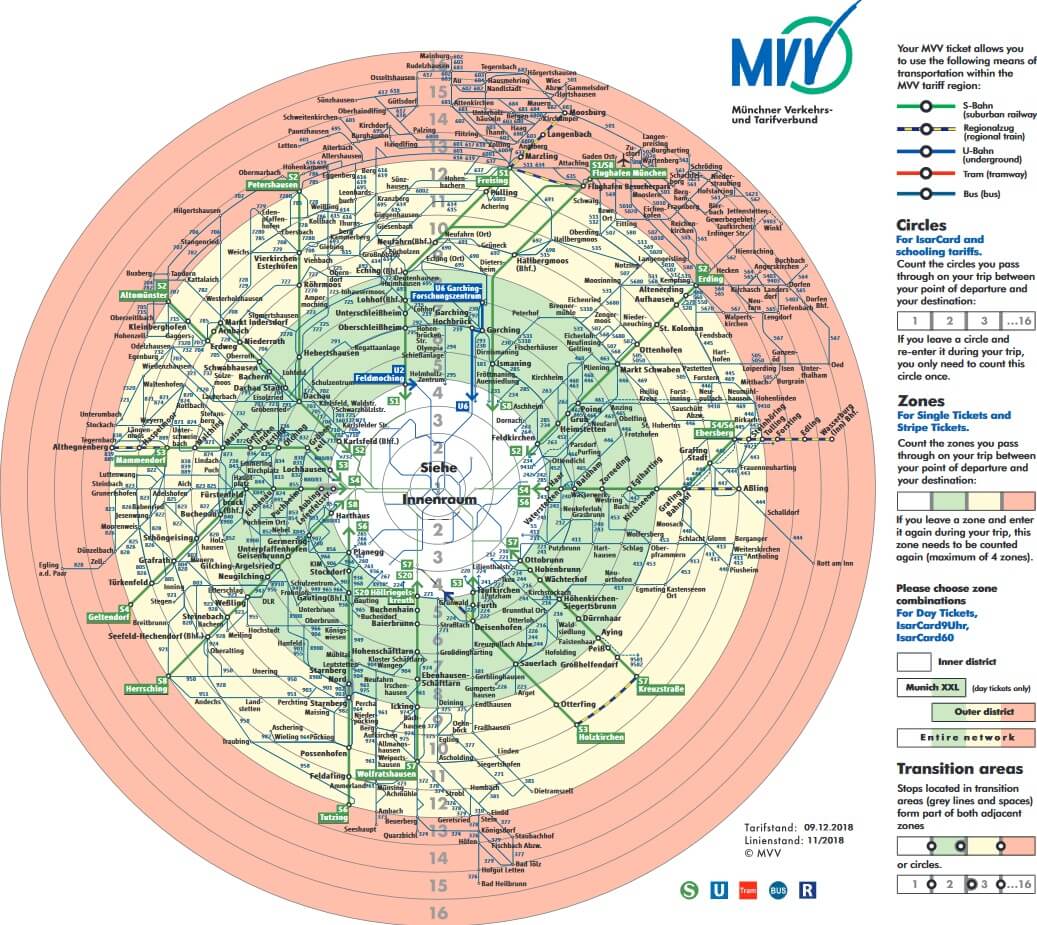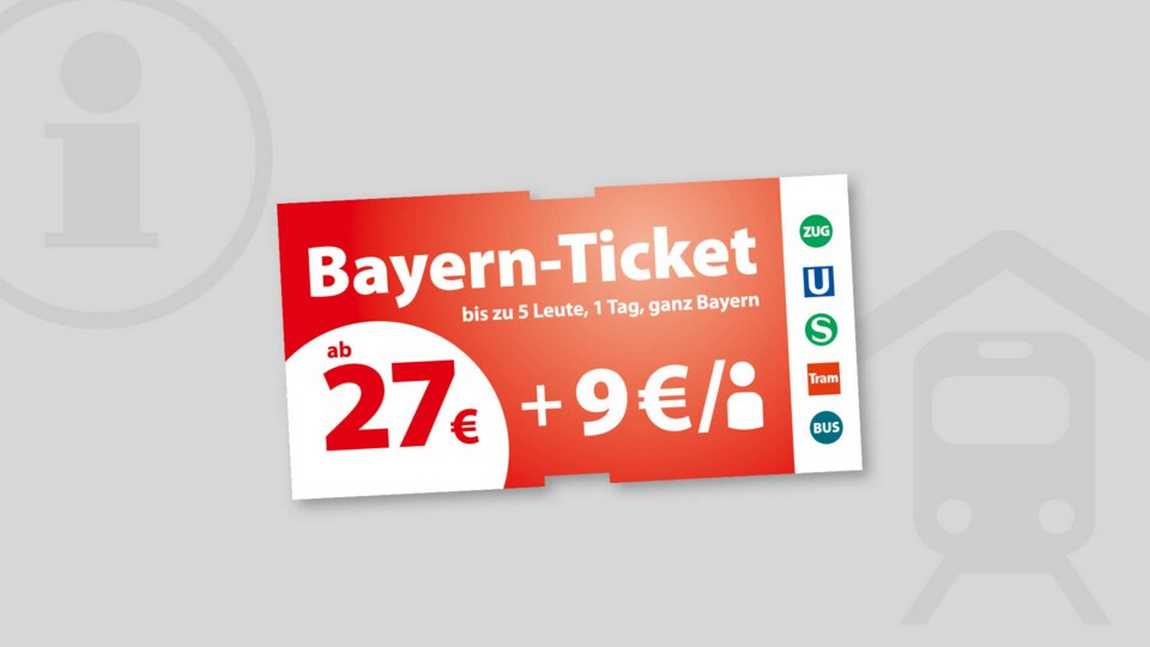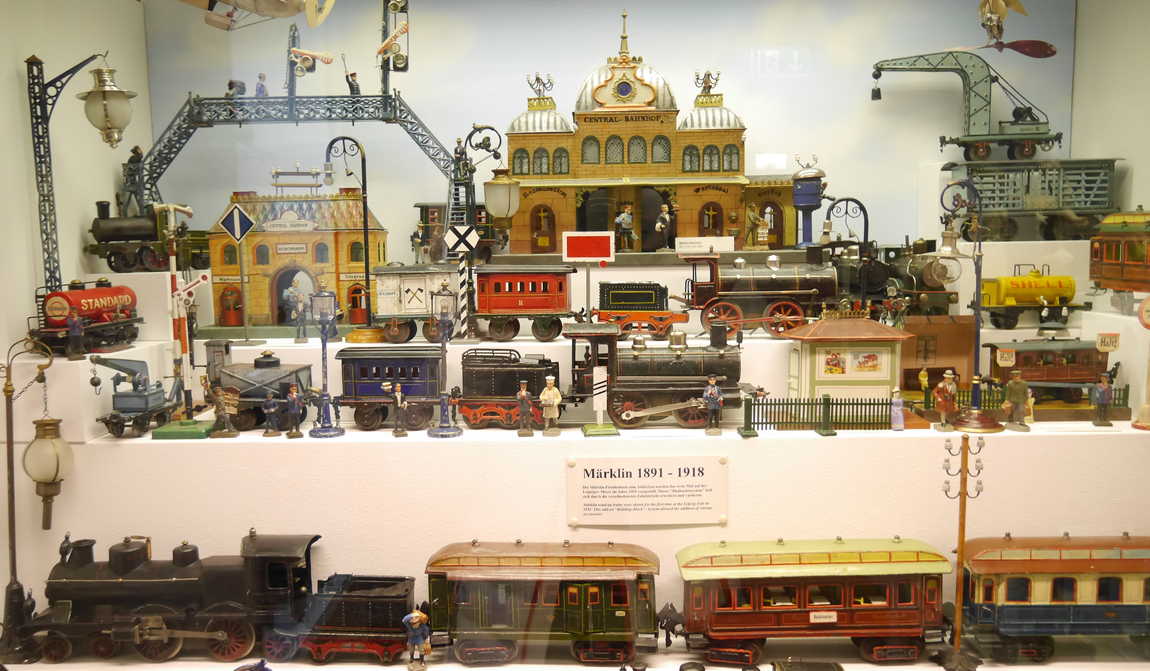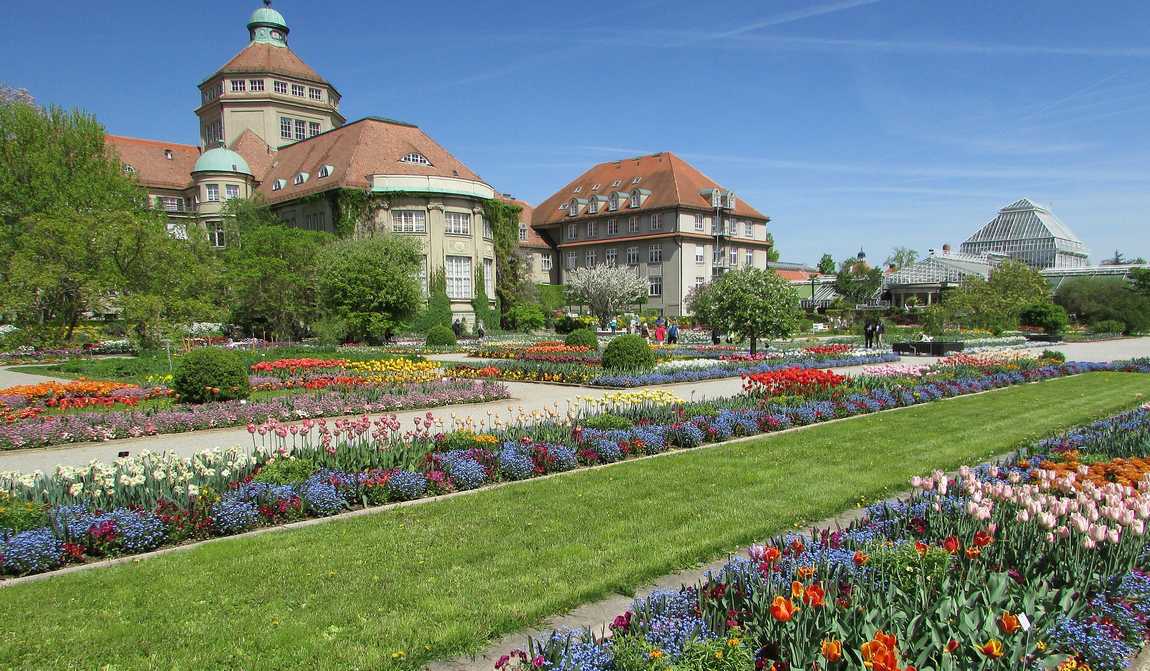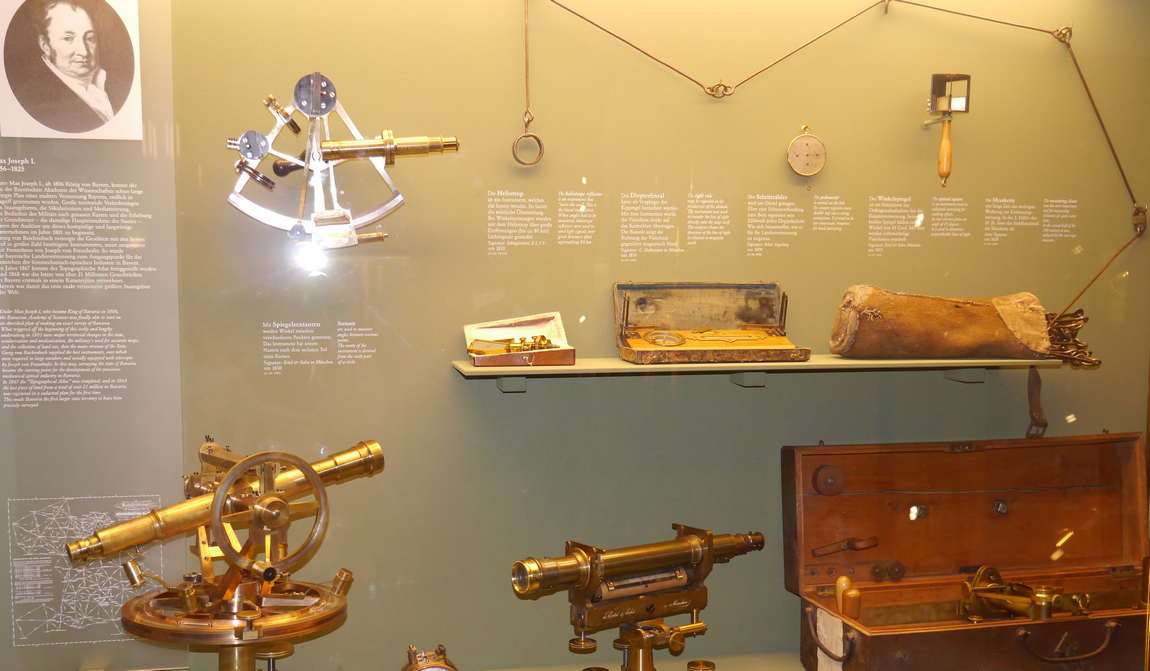Munich is well known to fans of beer, quality cars and good football. But it is not often mentioned as a family holiday destination, and for good reason.
The atmosphere is friendly, museums and attractions abound, transport runs like clockwork and the hotels are really good. And that's not all: Munich has some of the best amusement parks in Germany, and no child can resist them. Find out how to plan a trip that doesn't feel like a mini-break with kids in Munich, when to go and where to take the whole family.
Munich on the map of Germany
Munich is Germany's third largest city and the administrative centre of Bavaria and the administrative district of Upper Bavaria. It is one of the oldest cities in the country and is located in southern Germany on the banks of the River Isar.
The distance from Munich to Berlin is 590 km, to Garmisch-Partenkirchen — 90 km, to Oberstdorf — 170 km, to Salzburg (Austria) — 150 km.
The name Munich is a deriving from the word Munichen in Old High German and Middle High German, meaning "by the monks". In fact, in the VIII century, monks settled near where Munich is. By the middle of the 12th century, the settlement had grown so large that it was granted the status of a city, and 300 years later Munich became the capital of Bavaria.
Munich also has the distinction of being the beer capital of Germany. The annual Oktoberfest having been held since the year 1810 and now attracts 6 million visitors.
Munich for Kids
Munich is sometimes perceived as a transit city, a stopover on the way to the mountains. But even a short sightseeing tour of the city centre while waiting for a transfer will make you want to stay longer.

When planning a holiday in Munich, there are several points of reference. For some, The Munich Residence is the main attraction, for others the famous art galleries, for others the BMW Museum and the official stadium of Bayern Munich football club.
Munich for children has a wonderful toy museum, zoo, aquarium, circus and many other interesting places.
It's not just fun that brings children to Munich. The museums in Bavaria's capital city also appeal to children. Whether it's dinosaur skeletons, Egyptian sarcophagi or ancient trains, it all depends on your child's preferences.
What's more, a trip to the Bavarian capital starts and ends at the airport, where a whole educational programme is organised, from aeroplane watching to a sightseeing tour.
Munich's hotels, on the other hand, have no special facilities for children. Of course, you can relax in your room with your child after a day of sightseeing, but don't expect to find a children's room or pool at the hotel. However, if you are travelling with an infant, a cot will be provided in your room and in some places everything you need to prepare baby food will be provided.
Best time to travel
Munich welcomes visitors all year round. This is reflected in its motto: 'Munich loves you'. That's why Munich's tourist season never ends, although it is particularly busy during the Oktoberfest and Christmas holidays.
It's not a bad idea to plan a holiday with your child during the Oktoberfest. The weather is clearer in autumn than in summer, and the costume parade and fairground rides are as much fun for children as the beer tents are for adults. It is a 16 to 18 day folk festival that runs from mid to late September until around the first Sunday in October.

It's a good idea to visit Munich in December when the Christmas markets open — they're world famous. Marienplatz is full of souvenirs, many of them are created right in front of the customer.
Gingerbread is in the air — traditional pastries in all shapes and sizes are on sale everywhere. There are fun shows and competitions on the square, the most popular of which is the Krampus Run, a traditional carnival costume race. There are also special workshops for children on how to make a gift.
Spring is the best time to visit Munich with an infant. There are relatively few tourists in the city and the days are mild and sunny most of the time. Summer is not the best time to visit, as there are too many tourists and the rain is often heavier than you'd expect on a holiday. For more information on when to visit Munich, see information below.
Weather and climate
Munich has a pleasant climate for travelling. It's not bitterly cold in winter or blisteringly hot in summer, so you can combine it with a winter holiday in the mountains or a summer trip to the lakes.
It's important to bring an umbrella, rain gear and waterproof footwear — it often rains between May and September, with June and July being particularly wet.
May is a pleasant time to go on holiday in Munich. The air warms to between 17°C and 19°C, the young foliage in the parks of Nymphenburg and the English Garden is a feast for the eyes, and only cloudy skies have to be taken for granted.
Temperatures rise to +21°C in June and +23-24°C in July and August. These are averages, and actual temperatures can be as high as +30°C or +15°C. Nights are quite cold, however: in the morning the air cools down to +8-12°C. September usually brings a sudden drop in temperature. The average temperature for the month is +17°C, but be prepared for +10°C. Sometimes the beginning of autumn is surprisingly warm, with temperatures in Munich ranging from +23-24°C.
But don't count on this heat in October. During the day the thermometer reads +10-12°C and at night the temperature drops to 0°C. In November, the first frosts can occur at night, although temperatures during the day reach +7-8°C.
Winter temperatures stay between +2-5°C, with a light frost only in the evening or early morning. Snow is therefore not to be expected: even at Christmas, the city is often drenched in rain. Rarely does Munich experience heavy frost or snow. Spring in Munich is brought by the foehn, a warm breeze from the Alps. Temperatures rise to +8 - 9°C as early as March and +13 - 14°C as late as April.
So when is the best time to visit Munich with children? The relatively warm December with its pre-holiday atmosphere, May-September with the best amusement parks and October with the festival season are ideal for a trip.
Food

The choice of where to stay in Munich with children is hardly influenced by the hotel's cuisine, especially as guests are often only offered breakfast. Lunch and dinner are usually served in ethnic restaurants, with dishes such as roast knuckle of pork with sauerkraut, Munich white sausage, potato salad, Leberkase pâté and the famous Bavarian beer.
German cuisine isn't really suited to children's tables, but Munich has European restaurants, pizzerias and fast-food outlets, so feeding a child is no problem.
Once you've spent some time in the city and are feeling refreshed, take a break in one of the cosy cafés where the kids can enjoy traditional Bavarian sweets: crispy pretzels, German pancakes, fruit-filled doughnuts or even a slice of Prinzregent chocolate cake (layer cake with chocolate filling).
Getting Around

Despite its population of around 1.5 million, Munich is very compact and easy to explore. Many of the sights are centrally located, and the rest are easily accessible by public transport or bicycle.
Munich's public transport system is well known for its punctuality and short distances. Buses and some trams run non-stop, while the underground runs for 3 hours at night and only 2 hours at the weekend.
You'll never spend more than half an hour getting from one point to another, so your child won't get tired on the way to the excursion. Trams, buses, subways and trains are all run by the MVV and are networked, running very smoothly and on time.
The most popular bus route is no. 100, also known as the 'Museum Route'. This bus route takes you past 24 museums in Munich.
The fare depends on how many of the four zones of Munich you're travelling between.
The transport network has four zones: inner white zone (innerarium), Munich XXL (white + green zones), outer districts (green + yellow+ red zones) and entire network (white + green+ yellow+ red zones). It also has 16 rings. For example, if you need to go to Munich Airport from the center, then this is a red zone, which means you need a ticket for all zones (Gesamtnetz) or Airport-City-Day-Ticket

The cheapest ticket, the single ticket, which allows you to travel 4 stops by tram, bus or 2 stops by metro, costs €3.70. Children aged 6 to 14 pay €1.80.
A Streifenkarte for long journeys costs between €3.26 and €16.30 for adults and between €1.78 and €8.90 for children aged 6 to 14. These tickets are valid for between one and four hours from the time of purchase.
It is cheaper to buy a day ticket for one person (from €8.80) or for 5 people (from €17). A day pass for a child costs €3.50.
For active tourists who want to see as many sights as possible, there is the CityTourCard. It gives free travel on Munich's public transport network and significant discounts at museums.
The 24-hour card costs €15.50 for a single person and €24.50 for a group of 2 or 5. You can also buy a CityTourCard valid for 48 hours, 72 hours, 4.5 days or 6 days.
The Bayern-Ticket is available for travel in Munich and throughout Bavaria. It entitles you to travel on all public transport except the S-Bahn.
Such a ticket costs €27 for 1 person, €36-63 for 2-5 people. Children under 5 travel free. It is useful that the ticket is valid on suburban trains going to neighbouring federal states and even to Austria (Salzburg).

A taxi from the airport to the city center is usually around € 50, the standard fare is €2.1 per kilometre plus basic fee €4.8. There is an additional charge for luggage.
It is not advisable to drive around the city. Traffic in Munich is heavy, congestion is common, parking is tight and cars are not allowed in the city centre.
However, you can get around Munich by bicycle. Bicycle hire is available in all tourist areas and costs around €16 per day.
 [email protected]
[email protected]


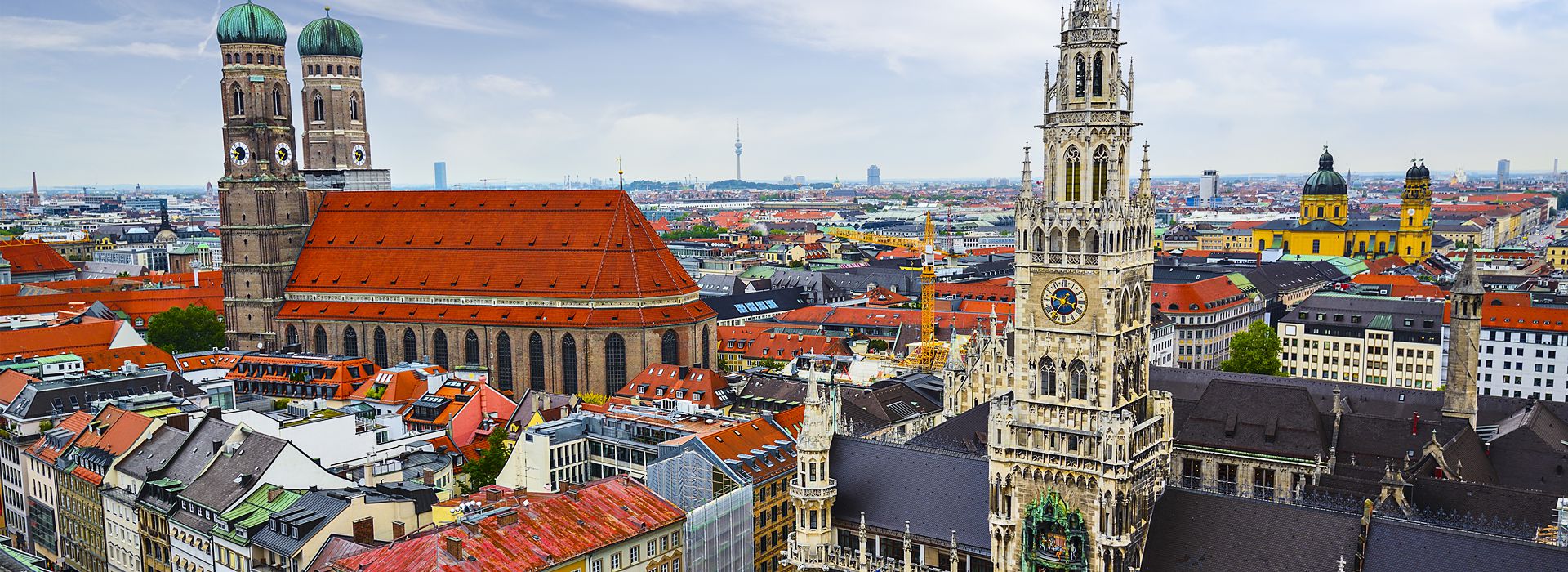
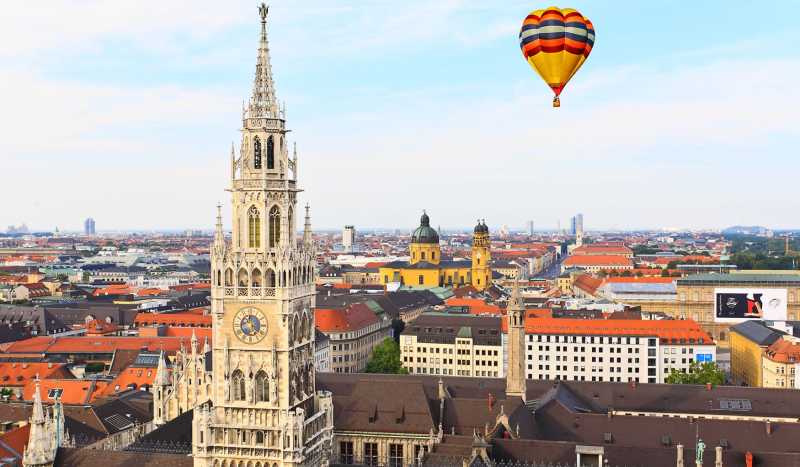


.jpg)
